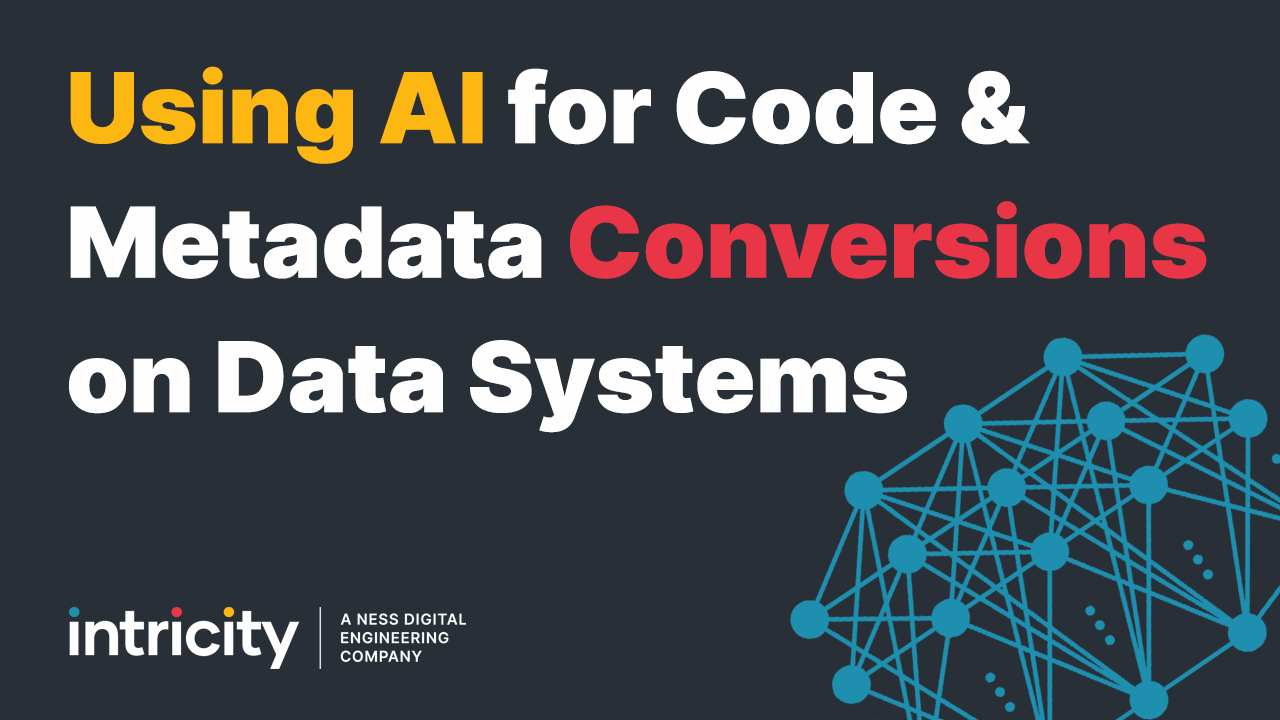The economy isn’t getting better. It’s simply “less bad.
That’s the news from the latest round of economic statistics that show 73 percent of the Standard and Poor’s 500 Index companies beating their revenue expectations, but an overall view that the S & P 500 is still down 27.3 percent since last year. In August, 216,000 jobs were lost, slightly fewer than the 276,000 lost in July, but the overall losses over the last 20 months of recession represent a still-abysmal job market.
As the economic drain wears on, companies aren’t simply concerned about cutting their costs to stay in business, but where to cut those costs.
“These are not easy choices,” said Arkady Kleyner, Co-Founder of Intricity, LLC, a leading provider of Business Intelligence and Data Warehousing services and solutions. “Many large companies have had the recent experience of being forced to cut back, trim the fat, and simplify their internal processes in order to survive and emerge from slow economic times which have lead to, in many cases, bankruptcy and financial restructuring. Executives need to be able to get a bird’s-eye view of their business in order to know where they can afford to cut – as well as where they can’t.”
Kleyner believes that good IT infrastructure and data management can be the key to making a company’s operations easily understandable and transparent.
“Good data management has the power to simplify complexity, to break down a company into its component parts, so executives can examine them individually, as well as how they work together,” Kleyner added. “Slower times force us to look inwards. This applies to large corporations as much as it does to personal budgets and home finances. When the orders were flowing, we threw tools and people at the problems until a workable solution appeared to emerge. Efficiency, automation and integration fall behind agility in priority. This is normal because agility is often what gets new business. And without new business, the organization stagnates and ultimately fails.”
Operations and budget management can be complex, no matter the size of the company, he added. It can be so complex, that many executives feel that it would be near impossible to get their data managed to the point where such a detailed analysis could occur. Kleyner, however, does not believe in that scenario.
“I don’t care how big or how many moving parts make up a company,” he said. “These solutions can apply to everyone. Effective data integration and business intelligence can deliver a 360° view of business performance by bringing disparate data together, correlating it logically, and then presenting it in a way that intuitively draws the eye to areas that require attention. In an economy that isn’t so much getting better as it is just not too much worse, it would seem that this kind of data warehousing and analysis is just what businesses need in order to stay in business for the long term.”
About Arkady Kleyner
Intricity Co-Founder Arkady Kleyner is responsible for the overall technology focus, company direction and the management of delivery capability and personnel of Intricity. He has more than 20 years of experience in engineering/architecting, developing and deploying the most intricate enterprise business solutions in America and Europe, focusing strongly on the financial, pharmaceutical and all IT organizations. He is a sought-after speaker and is a well-renowned expert in Business Intelligence and Data Warehousing solutions. Prior to co-founding Intricity, Arkady was Director of Business Intelligence for CSI and founder of Software Forces which CSI



